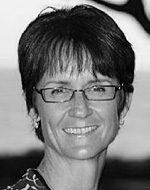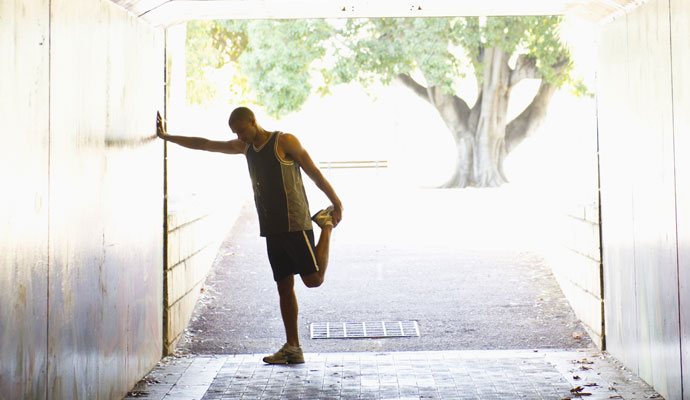Self-Improvement Lessons
How to become the best version of yourself.
“You made me a better person.”
It was a sweet moment with a client, offered up at the culmination of our coaching relationship. A man of few words was expressing a sense of peace with the leader — and person — he had become.
He is a better person — not because of what I did, but because of who he is and has always been. Our primary objective was to help him scale his leadership. Together we pored over the implications of his 360-degree assessment in light of his Myer-Briggs Type Indicator and the results of an interview that I conduct with all clients to better know the person behind the position. As I began to understand his motivators, values, goals, and legacy, he shared that his Christian faith is his bedrock. It defines how he wants to live and grow.
Servant leadership is an age-old concept (and the cornerstone of Christian teaching), which is practiced consciously at companies such as Whole Foods Market, TDIndustries, Starbucks, ServiceMaster, and the Ritz-Carlton. Howard Schultz, chairman of Starbucks, in August 2015 penned a captivating op-ed piece in the New York Times that made the case for servant leadership in American politics. “Servant leaders,” he wrote, are those who are capable of “putting others first and leading from the heart” and who “see leadership not as an entitlement but as a privilege.” C. William Pollard, the chairman of ServiceMaster (as quoted in the book Firms of Endearment) believes that real leaders are role models and risk takers who “love and care for the people they lead” by, in part, giving rather than taking, listening rather than talking, and initiating rather than administrating.
Although coaches might not necessarily share their clients’ values, they must honor them in order to effect lasting and meaningful change. Few of us live the full expression of the views we hold dear. Knowledge of the gap between words and deeds provides the positive tension necessary to catalyze change; 360-degree assessments are very useful in understanding the gap between professed beliefs and practiced behaviors.
Knowledge of the gap between words and deeds provides the positive tension necessary to catalyze change.
My client’s 360 revealed that some of his leadership behaviors belied his call to be a servant leader. He believed that he had to control, at a detailed level, the activities of his organization. This micromanagement, borne from fear with roots in pride, communicated a lack of trust that became a self-fulfilling prophecy. As a consequence of his overwhelming need to add value, he diminished the motivation and performance of his direct reports. Marshall Goldsmith, the leadership coach, describes this behavior as the habit of “adding too much value.” It is characterized, he says, by “the overwhelming desire to add our two cents,” which improves “the quality of idea” by 5 percent while reducing “commitment to execute” by 50 percent.
Challenged with the gap between his values and behavior, my client committed to change. But change what? Trust isn’t a behavior but rather the outcome of believing people are trustworthy. The only way to develop this belief is to “fake it until you make it” by acting like someone who is trusting. My client’s challenge was thus to start listening without an agenda: forgoing critique and suggestions, learning to ask questions that help people solve their own problems, and expressing confidence and acknowledging progress along the way — in short, adopting, what the neuroscientist David Rock has termed “quiet leadership” behaviors.
Through sustained effort and discipline, my client is now experiencing the joy that comes from the fruits of his labor — both professionally and personally. His leadership has scaled to meet the needs of his expanded responsibilities because people are free to act without his meddling. Relationships have improved because he is supportive and encouraging. He feels like a better person because he is a better person. He no longer serves his fear and pride at the expense of others. He is experiencing what Whole Foods founder John Mackey describes as the “helper’s high.” That is to say, “we feel good when we make other people happy,” and do not feel good about others, or ourselves, when we do not.
The lesson: As we strive to become the best version of ourselves, we must constantly challenge ourselves to act in accordance with our professed values. Closing the gap between who we want to be and who we are is a lifelong journey full of education, reflection, humility, and effort. And it’s a journey that should be shared with others because it can’t be completed alone.




